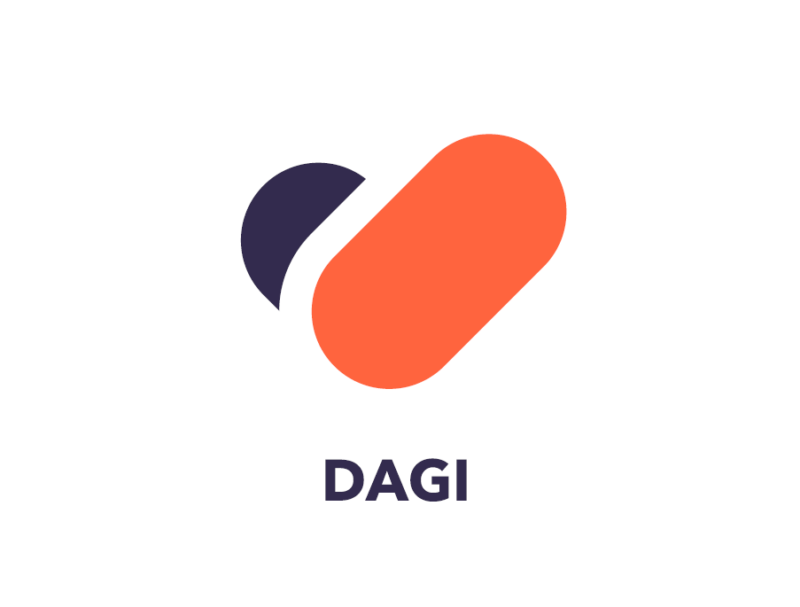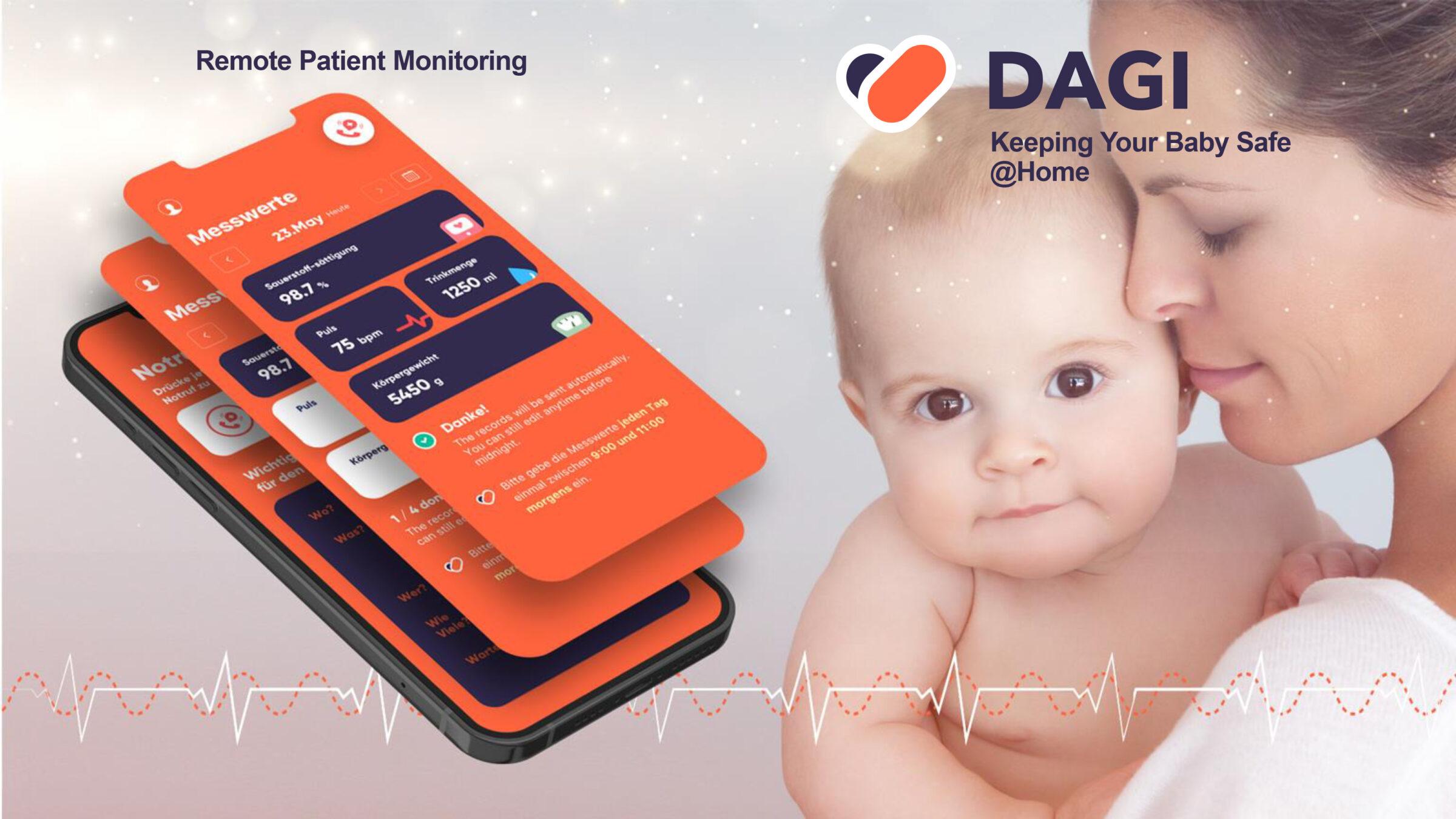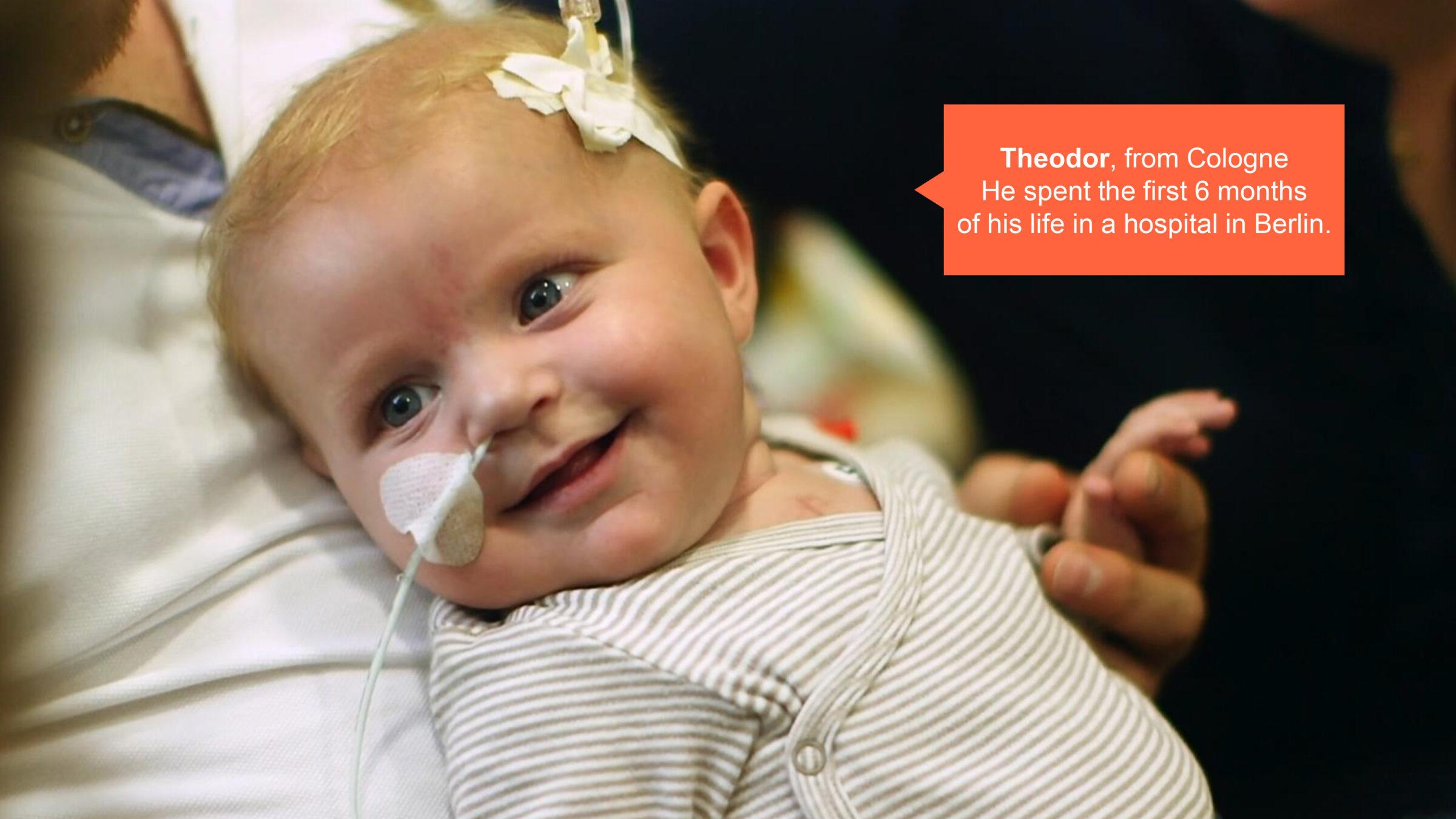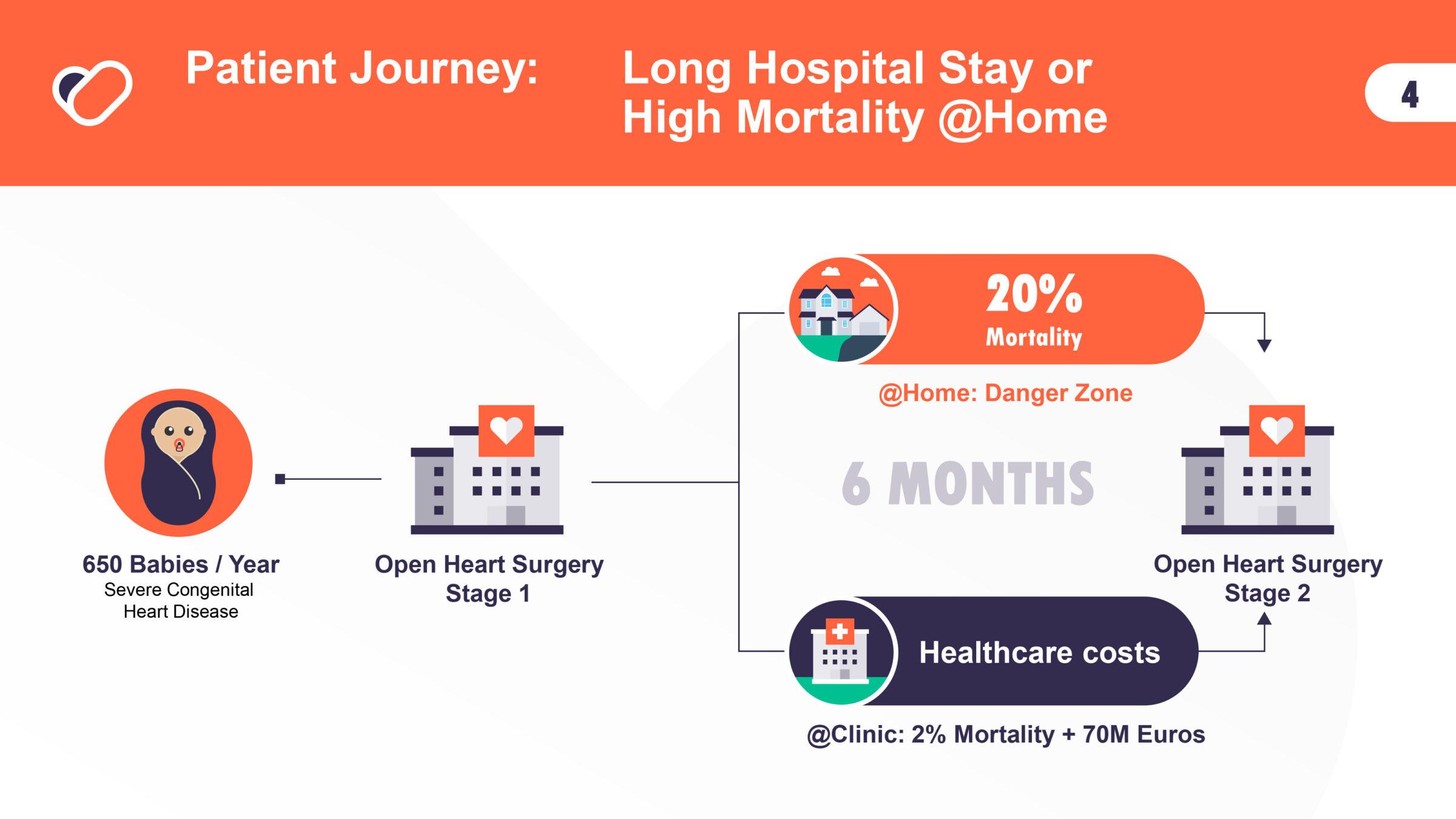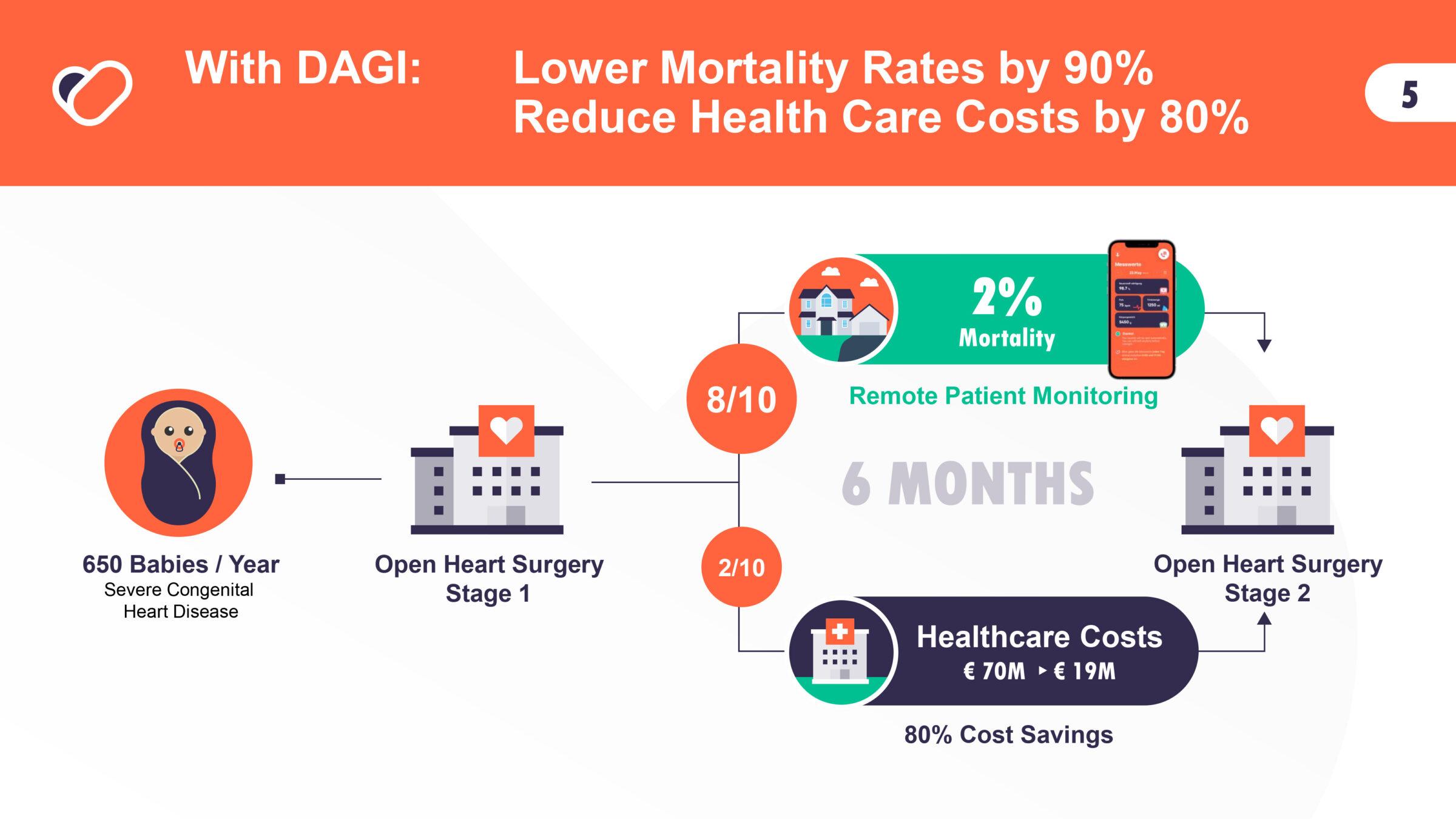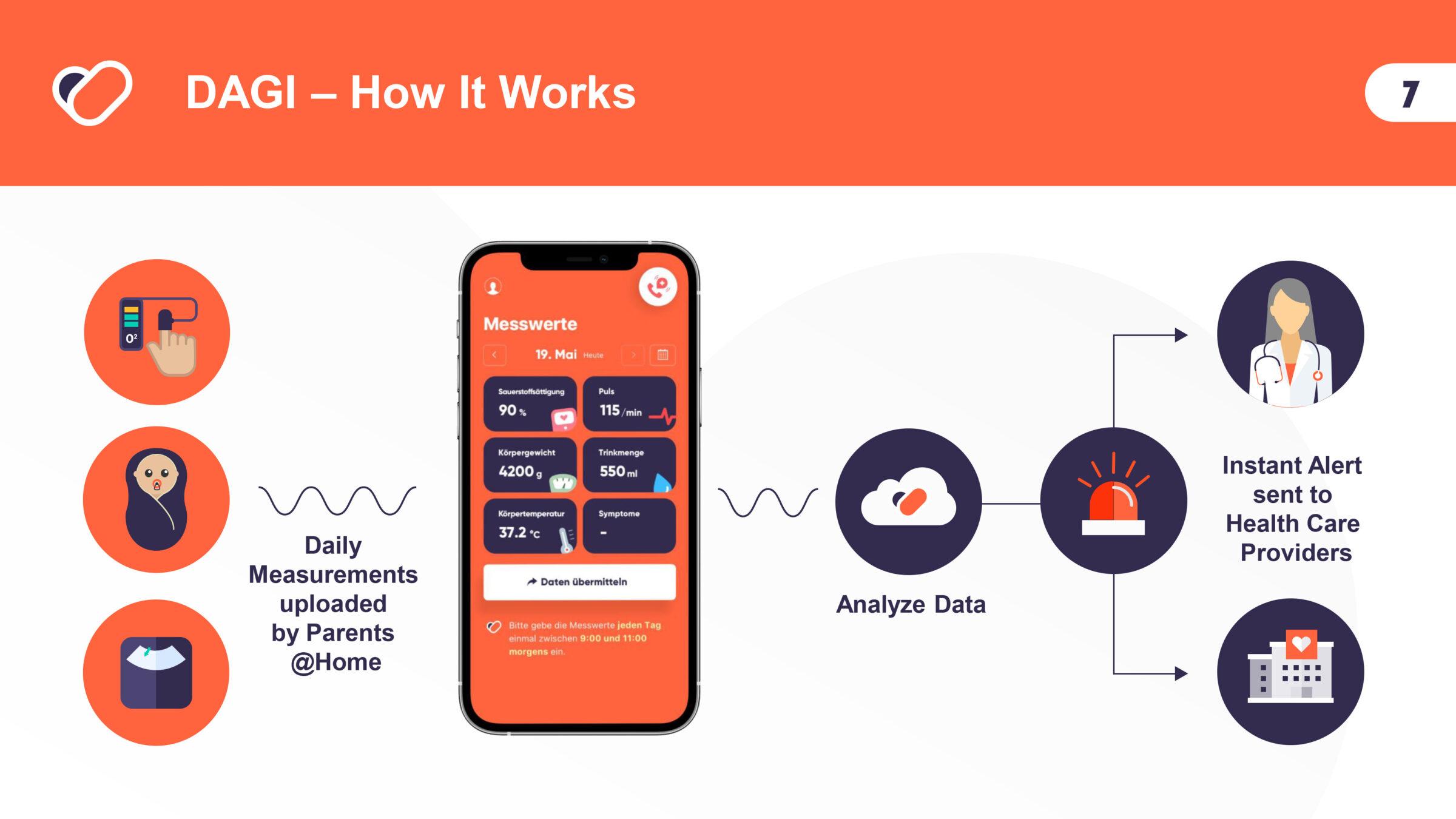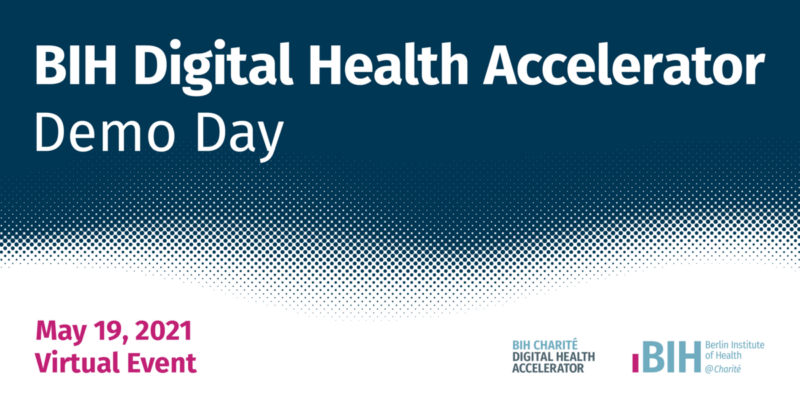Keeping Your Child With Congenital Heart Disease Safe at Home
Alumni
Congenital heart disease is the most common birth defect in humans, affecting 1 in 100 newborns. In Germany, over 4200, children undergo lifesaving openheart surgery each year, of which over 60 % need surgery in the first year of life. Advances in cardiovascular medicine and surgery have led to a steep decline in mortality in Western Europe in the past three decades.
Improved survival brings new challenges: Children with the most severe heart defects need close medical surveillance and, therefore, stay in hospital for several weeks, months, or even years. Long periods of hospitalization are associated with significant costs and cause an emotional burden for children and their families.

Katharina Schmitt
(DHZC)
Project Lead

Florian Gross
(DHZC)
Project Lead
To improve care for these vulnerable patients, the team has developed a remote patient monitoring solution, DAGI, to facilitate earlier discharge and conduct medical surveillance at home. The DAGI app is tailored to the specific needs of patients with congenital heart disease and combines daily monitoring of vital parameters, medication adherence, information, and a chat function with a state-of-the-art interface for health professionals.
Team aims to improve medical care and quality of life for children with congenital heart disease. In the future, they would like to create a companion solution for all patients with congenital heart disease to develop, validate, and monitor new therapies.
Dagi’s team combines a passion for medical innovation with world-leading clinical and scientific expertise. The team is supported by advisors in legal affairs, marketing, as well as research methodology and statistics.

